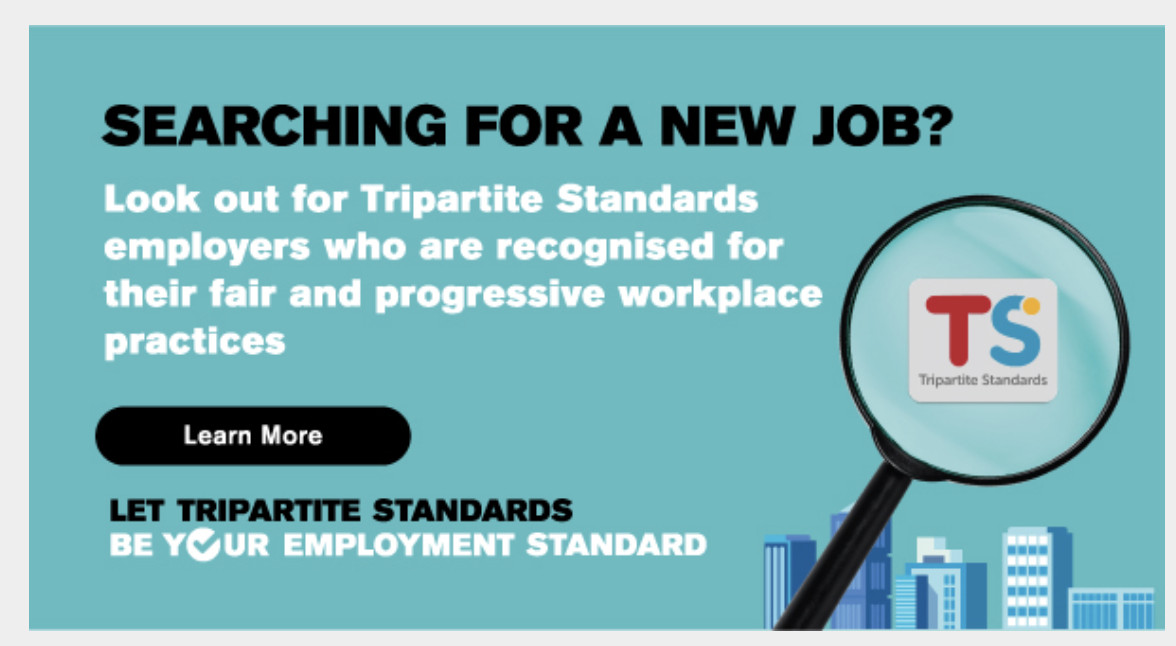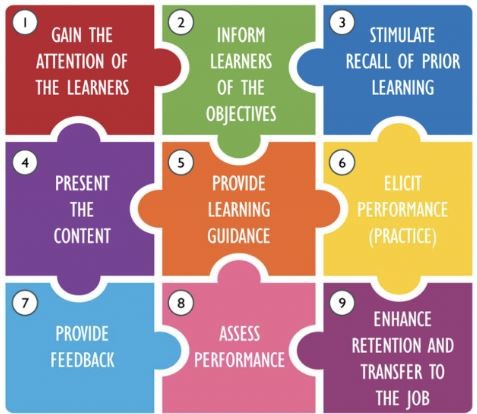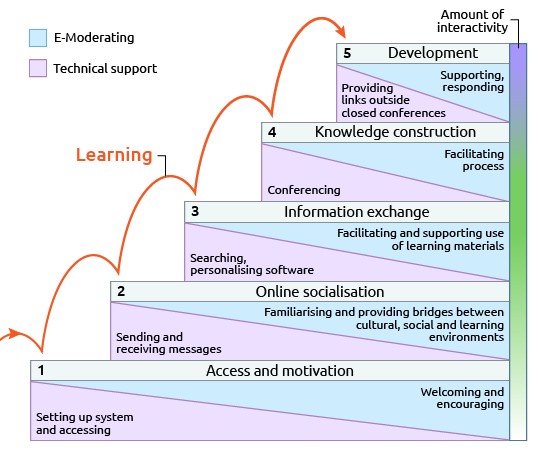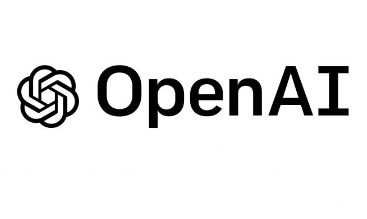Effective Communication
Communication Course: Detailed Modules and Objectives
Effective communication is essential for success in today's competitive environment. Executives must not only handle challenges and setbacks but also build strong relationships with customers, partners, colleagues, and suppliers. This course will enhance communication skills and foster rapport, critical factors for business success.
Module 1: Fundamentals of Effective Communication
Objective: Understand the basics of communication and its significance in business.
Contents:
- Introduction to Communication: Define communication and its essential components.
- Example: Discuss the communication process, including sender, message, medium, receiver, and feedback.
- Overcoming Barriers: Identify and overcome common communication barriers.
- Example: Explore cultural differences, language barriers, and personal biases through interactive discussions.
- Verbal and Non-Verbal Cues: Understand the impact of verbal and non-verbal communication.
- Example: Role-play exercises to illustrate the difference between verbal messages and body language.
Module 2: Building Rapport and Relationships
Objective: Develop skills to build strong relationships through effective communication.
Contents:
- Active Listening: Learn and practice active listening techniques.
- Example: Pair exercises to practice active listening and provide feedback.
- Empathy in Communication: Understand and apply empathy to enhance interactions.
- Example: Case studies on empathetic communication in customer service scenarios.
- Trust-Building Strategies: Techniques to establish and maintain trust with stakeholders.
- Example: Group discussions on trust-building experiences and challenges.
Module 3: Enhancing Internal Communication and Team Dynamics
Objective: Improve internal communication within teams and enhance team dynamics.
Contents:
- Effective Team Communication: Foster open and effective communication within teams.
- Example: Team-building activities and communication exercises.
- Conflict Resolution: Address and resolve conflicts through effective communication.
- Example: Role-playing scenarios to practice conflict resolution skills.
- Constructive Feedback: Implement and practice giving constructive feedback.
- Example: Simulated feedback sessions between managers and employees.
Module 4: Leadership and Management Communication
Objective: Equip leaders with advanced communication skills for effective leadership.
Contents:
- Leadership Communication Styles: Understand different styles and their impact.
- Example: Analysis of famous leaders' communication styles.
- Motivational Communication: Inspire and motivate teams through effective communication.
- Example: Case studies of successful motivational communications.
- Crisis Communication: Communicate effectively during crises.
- Example: Crisis simulation exercises to develop clear and quick communication skills.
Module 5: External Stakeholder Communication
Objective: Improve communication with customers, partners, suppliers, and other external stakeholders.
Contents:
- Customer Service Communication: Best practices for customer interactions.
- Example: Role-playing customer service scenarios.
- Negotiation Techniques: Effective negotiation and conflict resolution with external parties.
- Example: Mock negotiations to apply learned techniques.
- Public Relations and Media: Handling media and public relations effectively.
- Example: Press release writing and media interview simulations.
Module 6: Leveraging Communication Technology
Objective: Utilize modern communication tools and technologies for effective business communication.
Contents:
- Digital Tools Overview: Use email, instant messaging, and video conferencing effectively.
- Example: Practical exercises on using digital communication tools.
- Social Media Strategies: Communicate effectively on social media platforms.
- Example: Creating and managing a professional social media presence.
- Communication Management Systems: Implement and use communication management software.
- Example: Workshops on using tools like Slack, Microsoft Teams, and CRM systems.
Example Learning Activities
- Ice Breakers and Role Play: Simulate real-life scenarios to practice communication skills.
- Case Studies and Group Discussions: Analyze real-world examples and discuss strategies.
- Workshops and Seminars: Hands-on sessions to refine communication techniques.
Objectives Recap
- Control and Direction: Ensure team alignment and adherence to policies through communication.
- Motivation: Inspire and engage employees by bridging gaps and fostering support.
- Emotional Expression: Share successes and challenges to build a cohesive team.
- Information Flow: Maintain consistent and clear communication to prevent information breakdowns.












No Comments